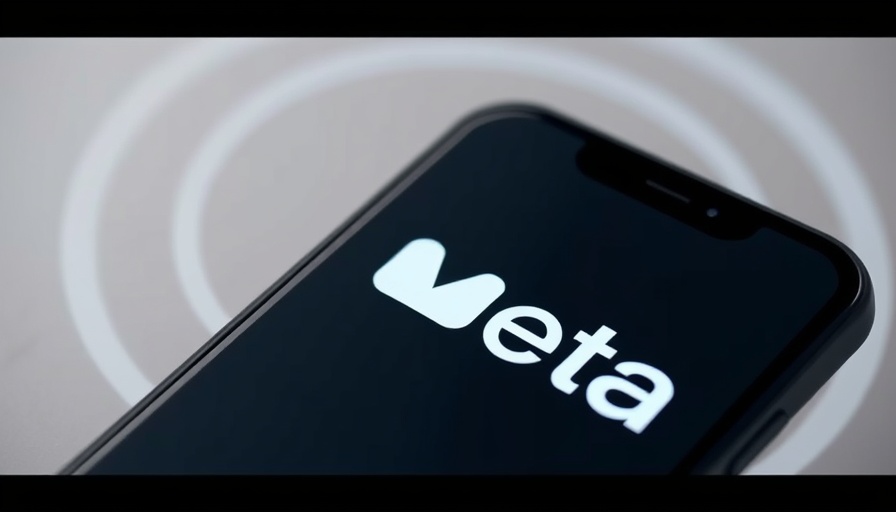
How 'Severance' Reflects Our Work Culture
The series Severance has taken the world by storm, capturing the complexities of corporate life and manifesting our subconscious fears about work environments. The narrative centers on Lumon Industries, where employees undergo a procedure to sever their work memories from their personal lives, creating a stark separation that resonates with both chilling and familiar realities. This portrayal strikes an emotional chord with audiences as it examines themes of identity, autonomy, and the increasingly blurred lines between our professional and personal selves.
The Dichotomy of Work-Life Balance
In today's working landscape, maintaining a work-life balance can feel like a distant goal rather than a reachable reality. As workers juggle responsibilities from home and the office, the show reflects their struggle to keep separate identities. The extreme representation of workplace identity—where characters become their 'innie' selves devoid of personal memories—profoundly captures this ongoing tension. According to research, nearly 60 percent of professionals feel they must wear different masks in various contexts, aligning with the show's underlying message about the loss of holistic self in the corporate world.
The Illusion of Loyalty in Corporate Structures
Another striking feature of Severance is its exploration of loyalty within corporations, exemplified by Lumon's devout admiration for its founder, Kier Eagan. This aspect mirrors how numerous corporations manufacture loyalty, spinning narratives around missions and values that often disguise a lack of substantial benefits for employees. In this sense, the show invites viewers to critically evaluate their attachments to their employers. Are we genuinely loyal because of shared values, or is it merely an illusion shaped by corporate storytelling?
What We Can Learn from Lumon’s Management Styles
Patricia Arquette's unsettling portrayal of Harmony Cobel highlights how management structures can impose compliance rather than inspire innovation. The management in Severance represents a critique of typical corporate practices where trivial perks, such as snack breaks and casual Fridays, are levied against the backdrop of more significant issues. This psychodrama serves as a poignant reminder that what often masquerades as employee engagement can be superficial, leaving workers devoid of deeper connection or understanding of their purpose.
Coping with Employee Emotion and Burnout
The emotional labor displayed by Lumon’s employees starkly echoes the psychological toll of modern work culture, where burnout becomes a common byproduct. Companies are encouraged to recognize the importance of mental health support as a priority rather than a side note. The show emphasizes that employees should not feel the need to compartmentalize their humanity in the name of productivity, leading to unhealthy, burned-out professionals.
Predictions for Future Workplace Cultures
As the world grapples with evolving work dynamics, Severance becomes a springboard for meaningful discussions about the future of workplaces. Ideally, future corporate cultures will recognize the importance of holistic employee well-being and authentic engagement, fostering environments where individuals can thrive personally and professionally, without the specter of severed identities.
Practical Insights for Navigating Corporate Culture
For professionals, the lessons gleaned from Severance compel us to confront uncomfortable truths about our workplaces. Setting clear boundaries, advocating for mental health resources, and seeking transparent communication should be foundational elements of modern corporate environments. Moreover, as employees, we must be active participants in shaping workplace cultures that encourage authentic self-expression rather than conceal it.
A Call for Collective Change
As we devour the intriguing twists and turns of Severance, let it inspire us to seek change within our own workplaces. The metaphorical 'severance' that characters undergo highlights a necessary collective movement towards recognizing the need for integration of our professional and personal lives. By addressing these themes head-on, professionals can pave the way for more humane working environments that value total well-being over mere productivity.
 Add Row
Add Row 
 Add
Add 


 Add Row
Add Row 
 Add
Add
Write A Comment